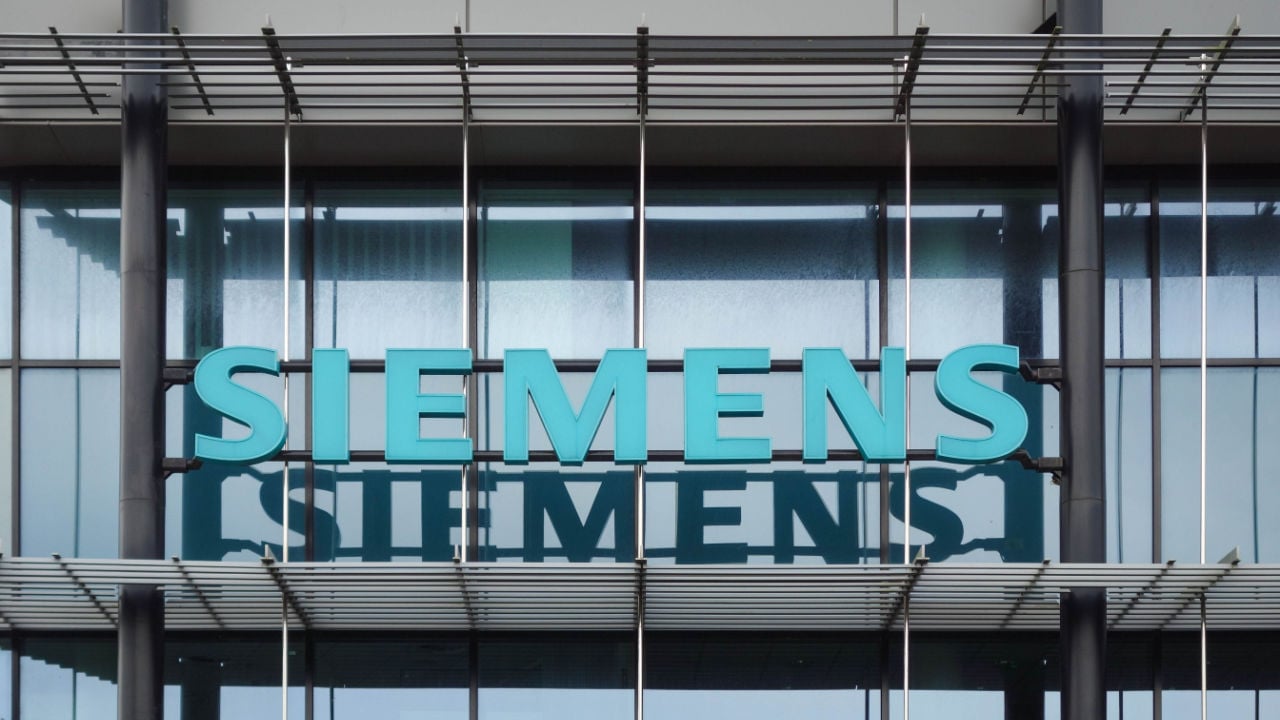The German conglomerate Siemens has for the first time issued a blockchain-based digital bond denominated in euros. In an announcement, the company highlighted the benefits of using blockchain, including the possibility of direct sales to investors.
Digital bond issued under Germany’s Electronic Securities Act
The largest industrial manufacturer in Europe, Siemens, announced that it has become one of the first companies in Germany to issue a digital bond in accordance with the country’s electronic securities law that came into effect in June 2021.
The 60 million euro ($64 million) bond has a maturity of one year and is based on a public blockchain, that of Polygon, according to reports in crypto media. In announcing the deal on Tuesday, Siemens emphasized certain advantages of using a blockchain platform over traditional methods:
This makes, for example, paper-based global certificates and central clearing unnecessary. In addition, the bond can be sold directly to investors without the need for a bank to act as an intermediary.
“By moving away from paper and towards public blockchains for the issuance of securities, we can execute transactions significantly faster and more efficiently than when issuing bonds in the past,” said Corporate Treasurer of Siemens AG Peter Rathgeb.
Germany’s electronic securities law allows organizations to issue blockchain-based digital bonds, Siemens pointed out. It also said that it has sold the securities directly to investors without engaging established securities firms.
“Payments were made using classic methods as the digital euro was not yet available at the time of the transaction,” the press release said. Hauck Aufhäuser Lampe Privatbank AG acted as bond registrar for the transaction, which was completed within two days, while Union Investment, Dekabank and DZ Bank invested in the bond.
Siemens promises to drive the development of digital securities in Germany
“Thanks to our successful cooperation with our project partners, we have reached an important milestone in the development of digital securities in Germany,” Peter Rathgeb also said, adding that the company will continue to be actively involved in their development.
“With our innovative products and technologies, Siemens supports the digital transformation of its customers with great success. It is therefore only logical that we test and use the latest digital solutions in finance, says Ralf Thomas, CFO at Siemens.
“We are proud to be one of the first German companies to issue a blockchain-based bond. This makes Siemens a pioneer in the ongoing development of digital solutions for the capital and securities market,” elaborates the manager.
Europe has yet to fully regulate the blockchain space. In 2022, key institutions in Brussels and member states reached an agreement on the EU’s new legislation on markets for crypto-assets (MiCA). MiCA is expected to come into effect in 2023, but companies will have another 12 to 18 months to comply. A digital euro is currently under development.
Tags in this story
banks, Blockchain, bonds, conglomerate, Corporation, Crypto, Cryptocurrencies, Cryptocurrency, digital bond, digital euro, digital securities, Distributed Ledger, EU, Europe, German, Germany, Investors, MiCA, Securities, Siemens
Do you think we will see more blockchain-based digital bonds issued in Europe soon? Tell us in the comments section below.
Lubomir Tassev
Lubomir Tassev is a journalist from tech-savvy Eastern Europe who likes Hitchens’ quote: “To be a writer is what I am, rather than what I do.” Besides crypto, blockchain and fintech, international politics and economics are two other sources of inspiration.
Image credit: Shutterstock, Pixabay, Wiki Commons, Michael715 / Shutterstock.com
Disclaimer: This article is for informational purposes only. It is not a direct offer or solicitation of an offer to buy or sell, or an endorsement or recommendation of products, services or companies. Bitcoin.com does not provide investment, tax, legal or accounting advice. Neither the company nor the author is directly or indirectly responsible for damages or losses caused or alleged to be caused by or in connection with the use of or reliance on content, goods or services mentioned in this article.



